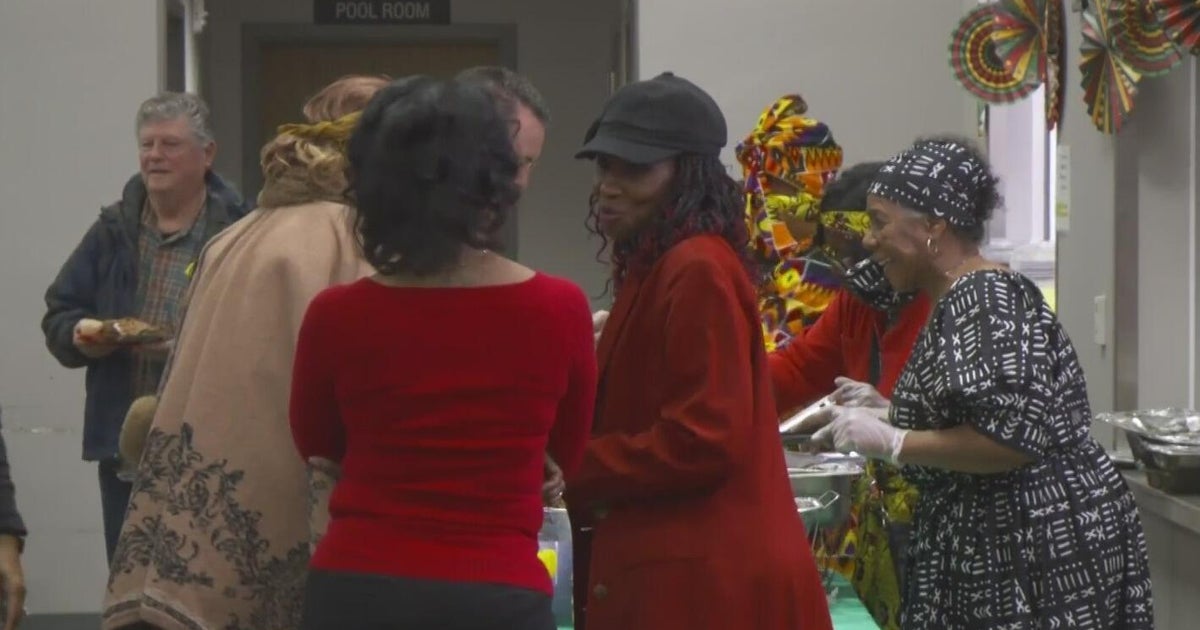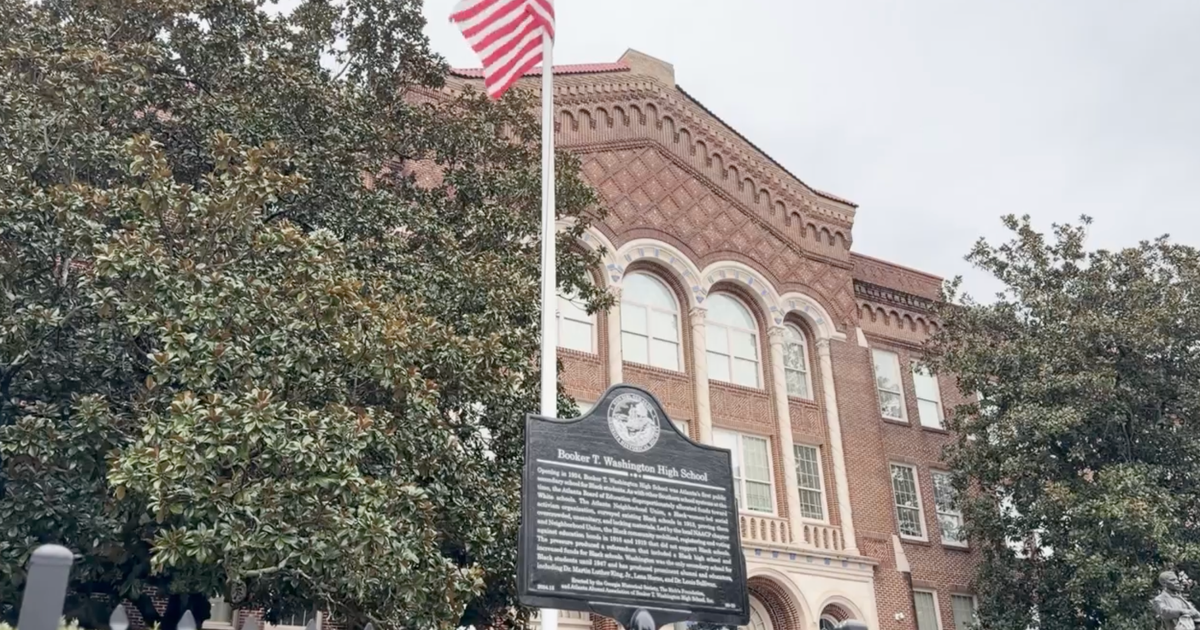Black History Month: Erroll Garner
PITTSBURGH (KDKA) - Pittsburgh has an outstanding tradition of producing jazz greats, like Mary Lou Williams, Billy Strayhorn and Ahmad Jamal.
As we celebrate Black History Month, we take a look at another jazz great that a new exhibit is bringing back into the limelight - Erroll Garner.
Dr. Michael Heller, an assistant professor of jazz music studies at the University of Pittsburgh, is talking about Erroll Garner.
"In the 1950's, he was one of the best-known, most popular and best-selling artists on the planet," Dr. Michael Heller, an assistant professor of jazz music studies at the University of Pittsburgh, said. "Garner is a tremendous jazz figure, who is under-acknowledged today."
A new exhibit at Pitt is aiming to change that.
This archive will change anyone's opinion of who Erroll Garner is because it gives them an opportunity to be so intimate with him," Dr. Heller said.
And it's not just about his musical abilities.
"In the history of jazz, Erroll Garner is not someone who's necessarily figured as a political musician," Dr. Heller said.
Join The Conversation On The KDKA Facebook Page
Stay Up To Date, Follow KDKA On Twitter
However, the archives show otherwise.
"See that, though he wasn't always overt about it, he was very much working for social causes," Dr. Heller said. "Insisting in his contracts that he would never play for segregated audiences, it was something that, that he absolutely refused to do."
Garner became an international star - thanks to one album in particular.
"His album 'Concert by the Sea,' which was recorded in 1955, just got re-released last year. It's nominated for a Grammy," Dr. Heller said. "That's one of the best-selling jazz records of all-time."
But, his signature song is one almost everyone instantly recognizes.
"He composed 'Misty' in 1954. It was definitely one of his most well-known pieces. It went on to be one of the most widely performed jazz standards," Dr. Heller said.
The song was so popular that it was used as part of the plot of the 1971 Clint Eastwood film "Play Misty for Me."
However, it's the little known impact that Garner had that the curators of this exhibit hope resonates.
"What we found in going through the archives, is that there was all of this work being done behind the scenes to promote African-American artistry," Dr. Heller said.







